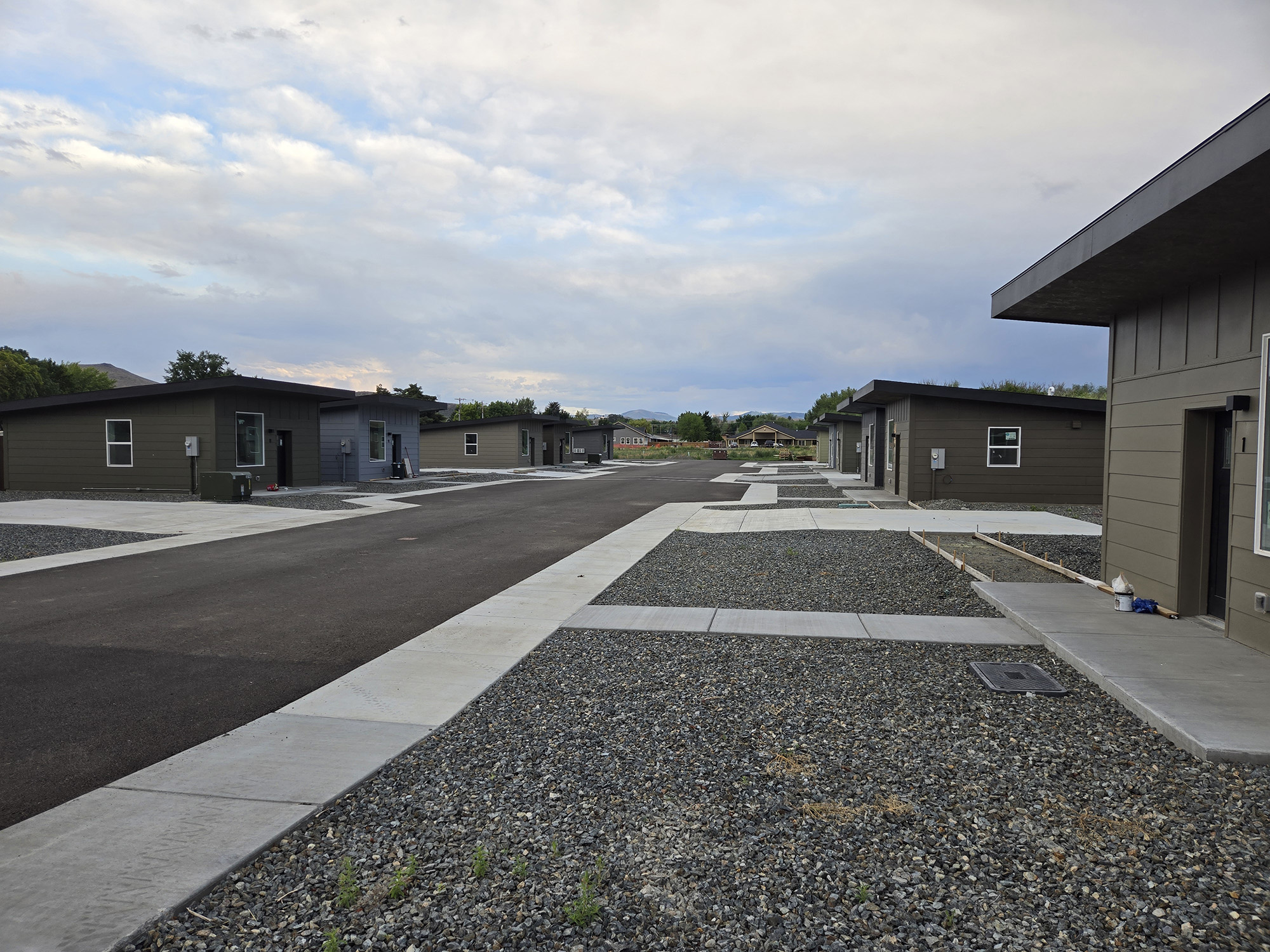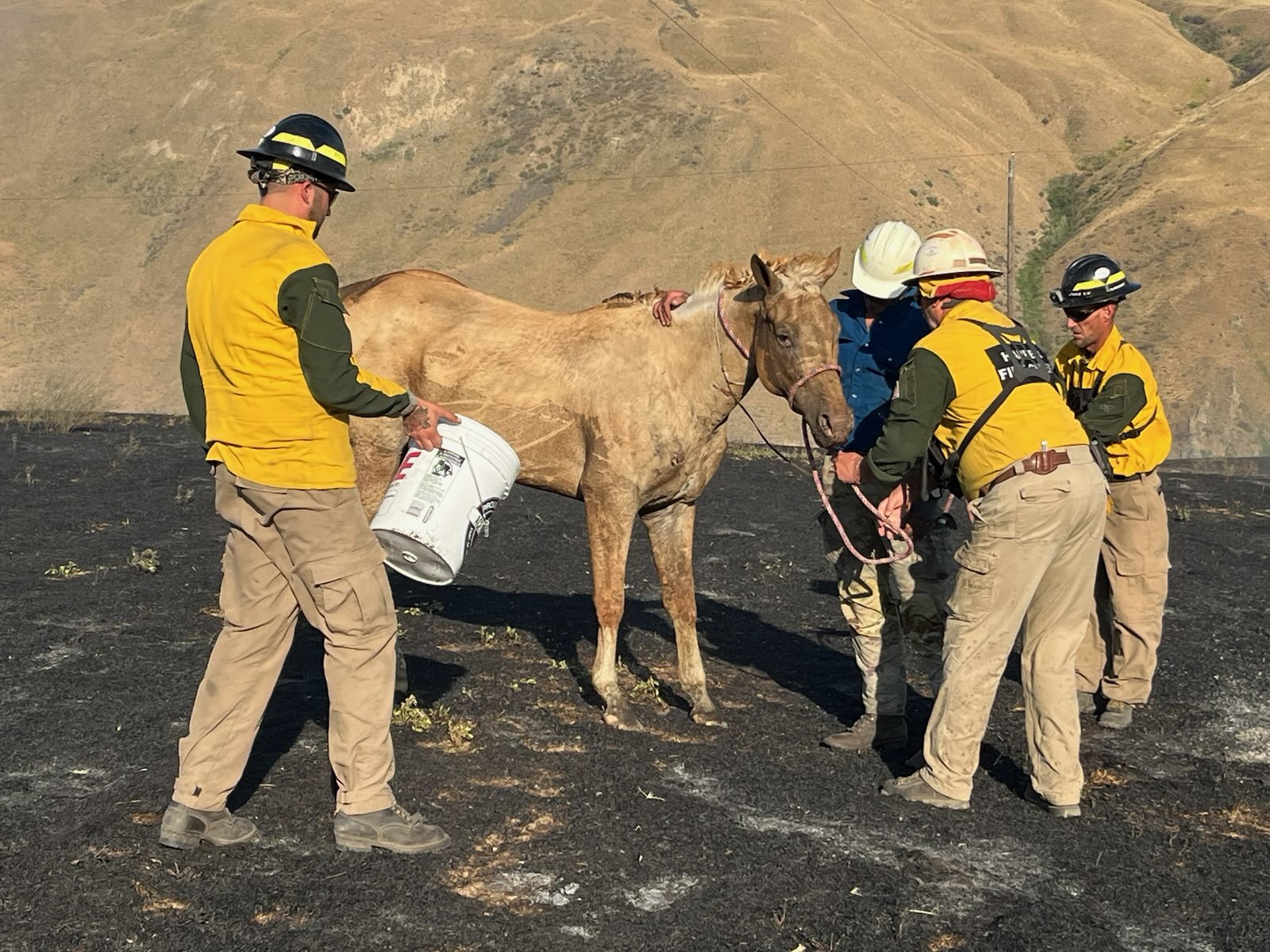Anthony Lakes president says liability insurance cost, lack of availability threatens ski areas, other outdoor businesses across Oregon
Published 8:49 am Thursday, July 17, 2025

- A skier at Anthony Lakes Mountain Resort in March 2023.
The company that sold liability insurance policies to some of Oregon’s biggest ski areas is no longer offering coverage in the state, and although Anthony Lakes Mountain Resort in Northeastern Oregon isn’t immediately affected, a resort official said the insurance situation is dire not only for ski areas but for a host of businesses that cater to outdoors enthusiasts.
“This puts us in a very difficult position,” said Peter Johnson, president of Anthony Lakes Outdoor Recreation Association, the nonprofit that owns the ski area in the Elkhorn Mountains about 35 miles northwest of Baker City.
Anthony Lakes, which had previously bought liability insurance from Safehold, switched to a different company, Mountain Guard, in 2024, Johnson said.
Trending
Safeguard’s quote for a yearly policy was $80,000 more than the previous year, he said.
“We didn’t really have a choice” but to switch companies due to the cost, Johnson said.
He said Mountain Guard is the only company offering liability coverage to ski areas in Oregon.
Johnson said Anthony Lakes has requested a quote for the 2025-26 ski season from Mountain Guard. The current policy, which expires at the end of September, covers the ski area as well as Anthony Lakes’ other operations, including managing several U.S. Forest Service campgrounds.
Johnson said that although Mountain Guard “has been very good to work with,” he worries that having a monopoly situation will continue to push insurance prices higher.
He said Anthony Lakes’ insurance bill has increased by nearly 200% over the past five years.
Trending
Larger ski areas in Oregon, including Mount Hood Meadows and Timberline, could be in an even more precarious position since they, unlike Anthony Lakes, didn’t switch from Safehold to Mountain Guard last year.
Nicole Howard, secretary for Grande Ronde Gravity in La Grande, which promotes downhill mountain biking in Eastern Oregon, also wrote a letter to the legislature supporting House Bill 3140.
“Updating Oregon waiver and liability law so that willing participants in these sports assume those inherent risks would help us continue getting more people on bikes, which we believe in the long term will improve the health and well being of our rural community,” Howard wrote in her letter.
Liability and legal rulings
The issue dates to an Oregon Supreme Court ruling in 2014, the Bagley v. Mt. Bachelor case.
The case stemmed from a February 2006 incident in which Myles Bagley, a snowboarder, crashed after going over a jump in the terrain park at the ski area near Bend. Bagley, who was permanently paralyzed, sued the ski area.
Attorneys for the ski area noted that Bagley had signed a standard liability release form. The trial court granted the ski area’s motion for summary judgment, dismissing Bagley’s claim. Bagley appealed, and the state Court of Appeals concurred with the trial court, concluding, in effect, that Bagley could have declined to sign the liability release if he didn’t think it was fair.
The Oregon Supreme Court, however, disagreed. The state’s highest court overturned the two lower courts’ rulings.
That decision has resulted in “a significant rise in general liability and excess rates,” Eric Morgan, claims and loss control manager for Safehold, wrote in a letter to the Oregon Legislature earlier this year.
Morgan wrote that activities such as downhill skiing and mountain biking “are at risk of becoming uninsurable if the legal climate in the state does not restore the balance that existed prior to 2014.”
Morgan’s letter urged lawmakers to pass House Bill 3140. The legislation would have allowed ski areas and other outdoor businesses to require customers to sign forms exempting the business from liability for injuries that weren’t caused by the business’ negligence.
The basic idea is that outdoor recreation is potentially dangerous regardless of how careful the business is. A skier can crash into a tree, for instance, no matter how well-groomed the slopes.
Lawmakers didn’t vote on House Bill 3140 before they adjourned in late June.
Similar legislation also failed in 2015.
Johnson said the goal is not to completely insulate ski areas and other outdoors businesses from liability.
Rather, he said, the idea is to restore a balance between a business’ responsibility to offer customers an experience that’s as safe as possible, and the customer’s responsibility to accept that certain activities have an inherent risk.
Other western states strike such a balance, Johnson said, as did Oregon prior to the 2014 ruling in Bagley v. Mt. Bachelor.
Johnson said he’s worried that without legislative action, the cost of liability insurance — or the inability to even buy a policy — will cause ski areas, wilderness guides and other outdoor businesses to close.
That would harm both the state’s economy and its quality of life, he said, since it would result in “fewer opportunities to recreate.”









